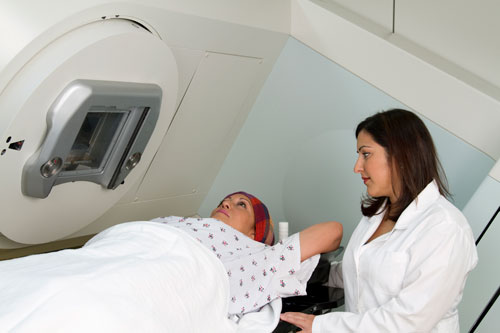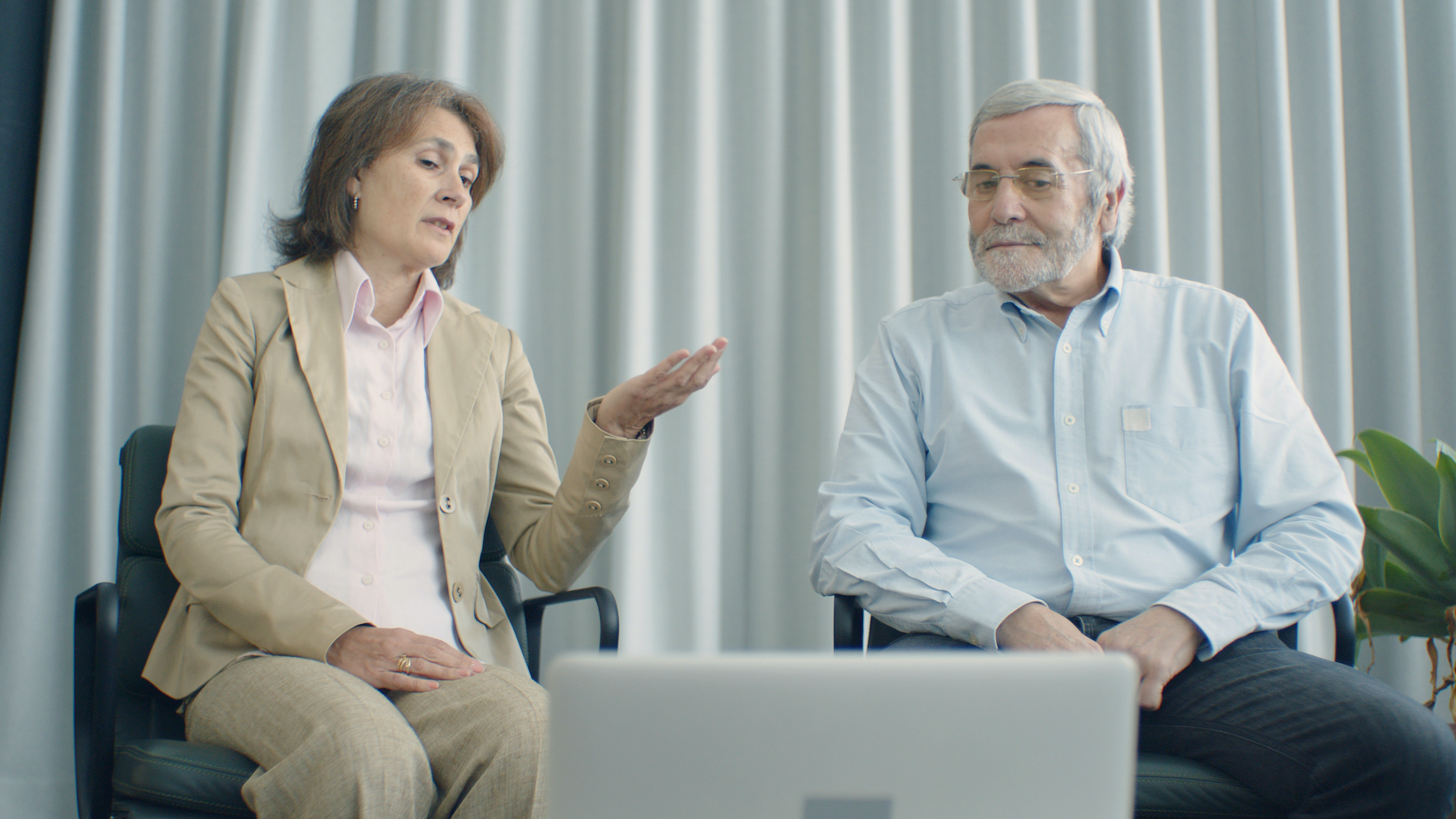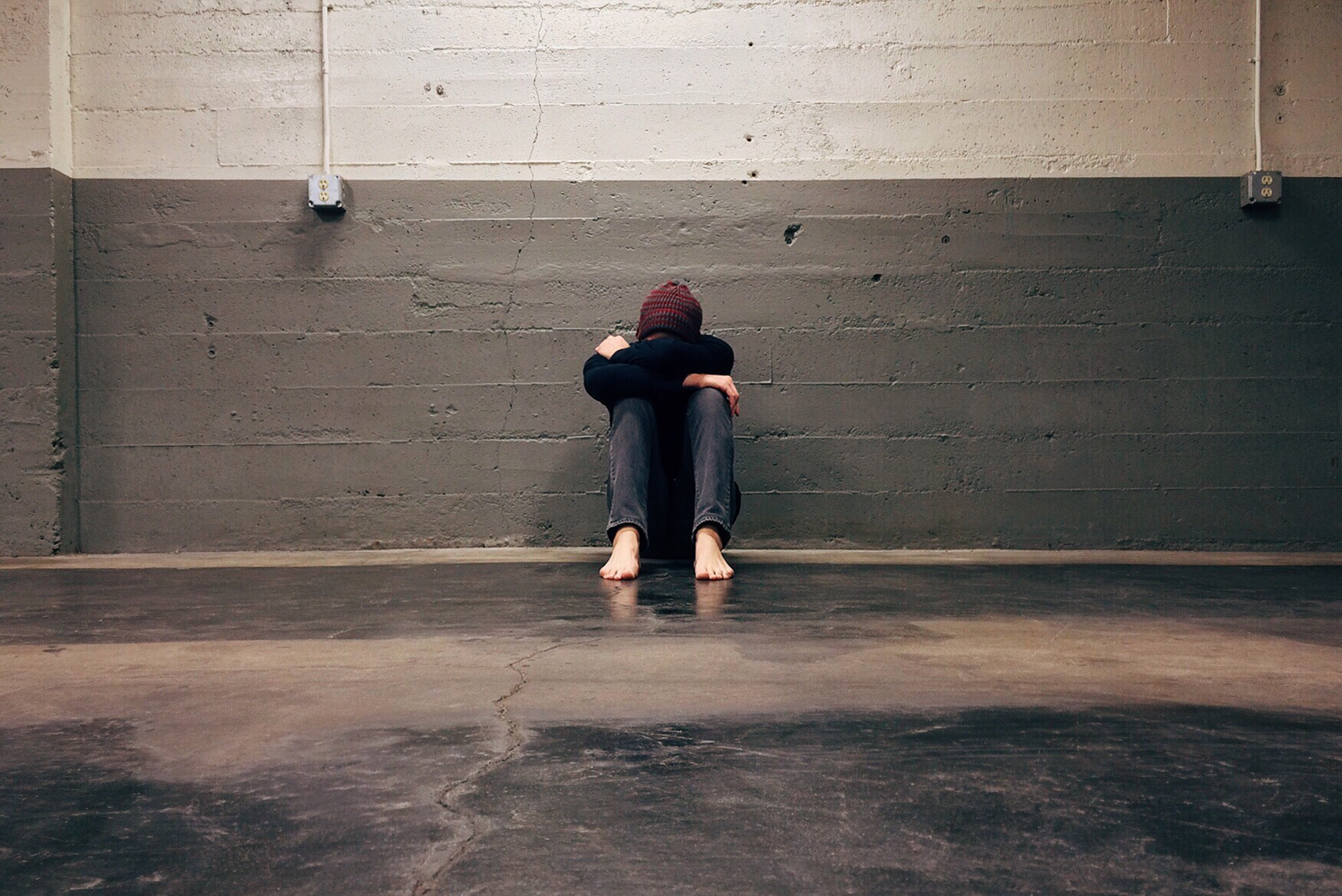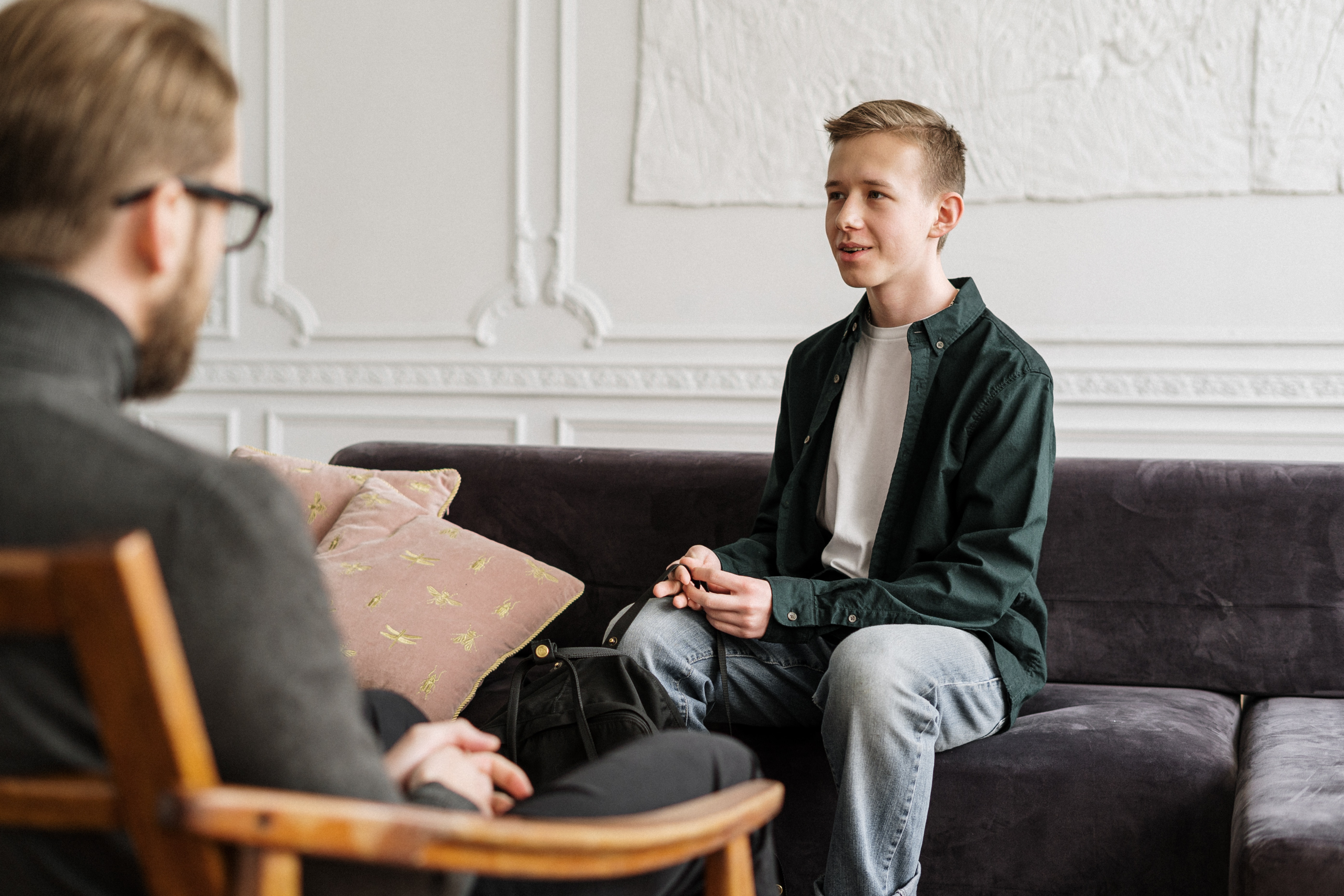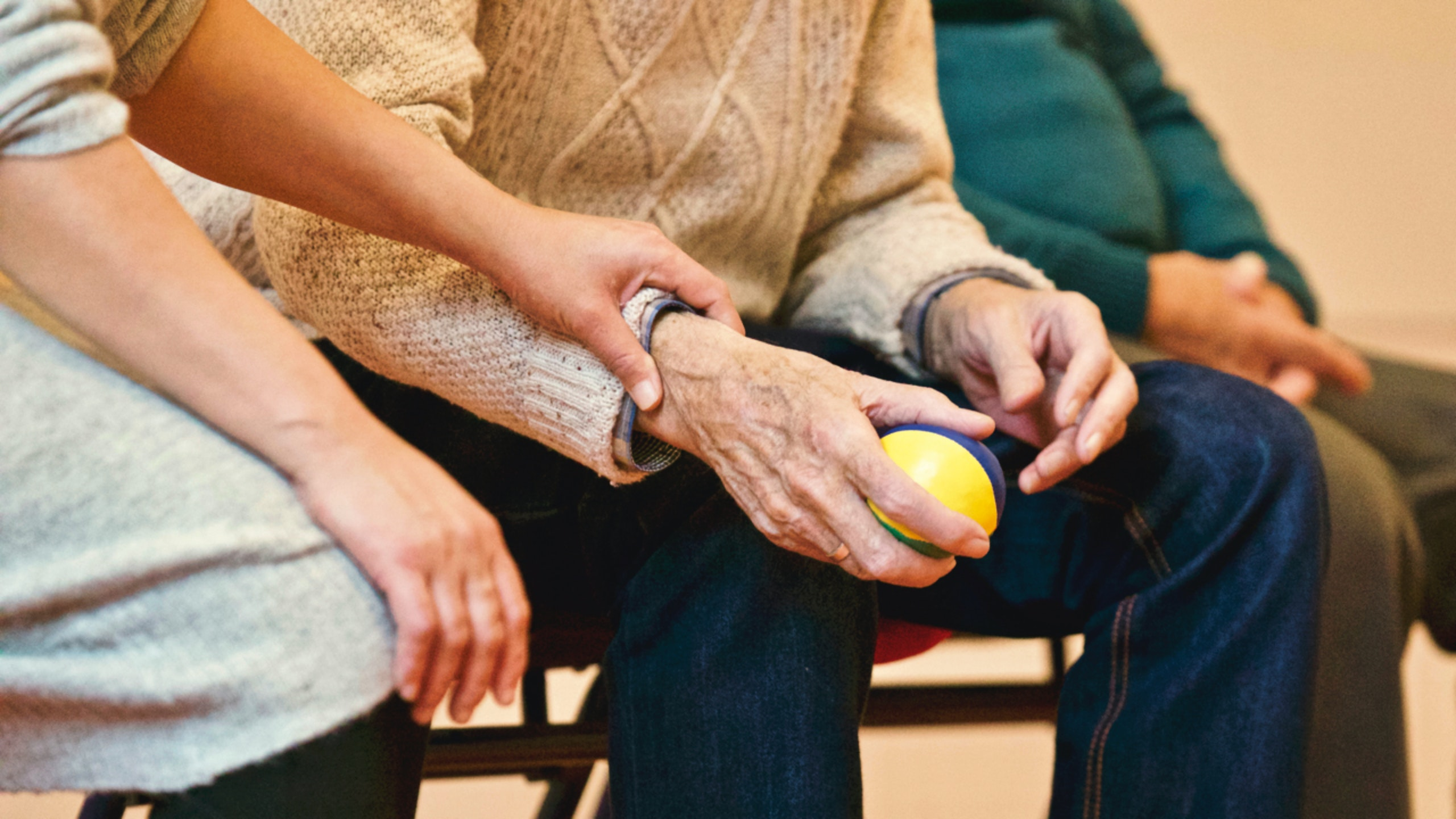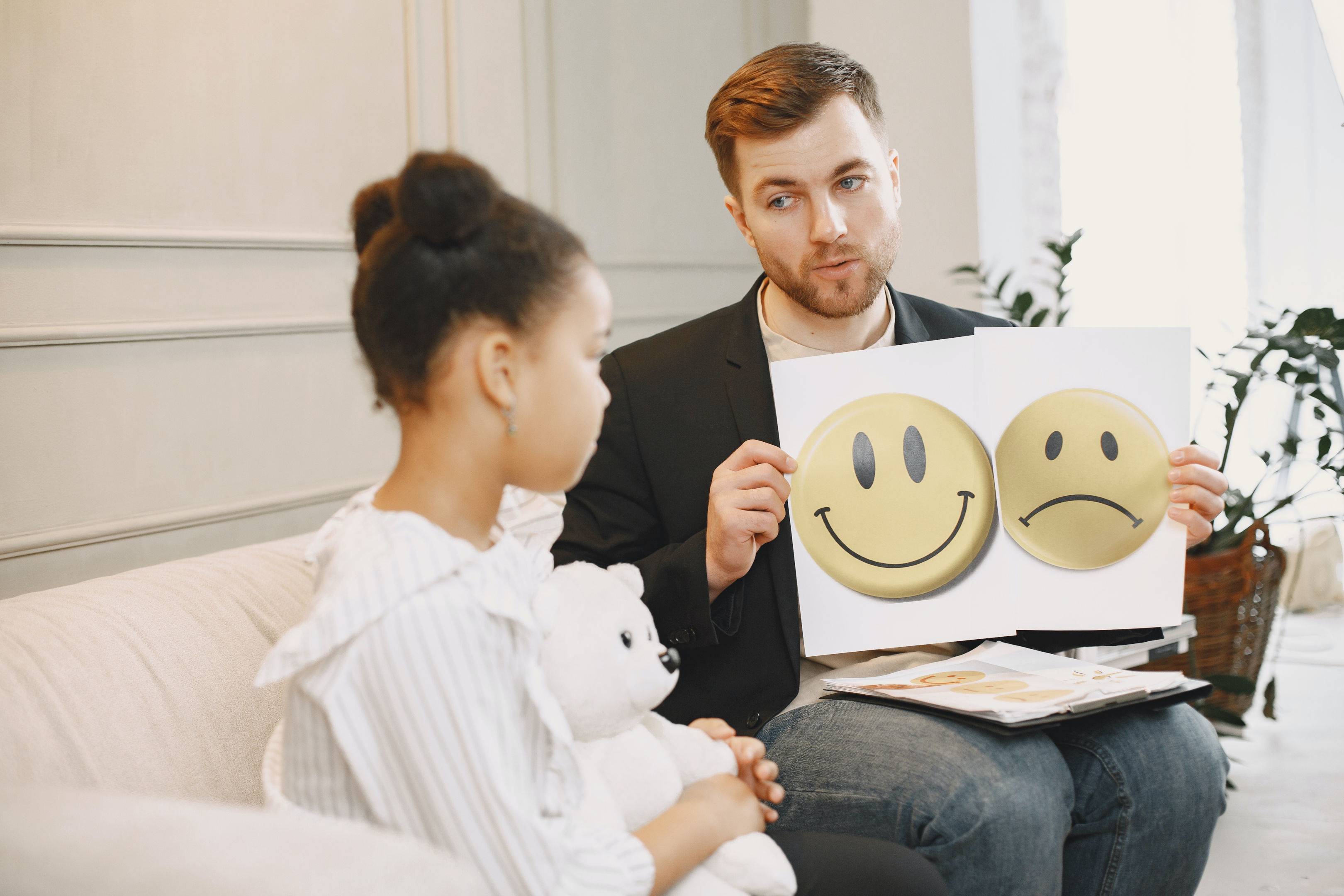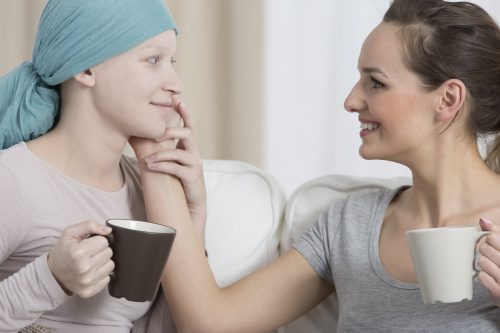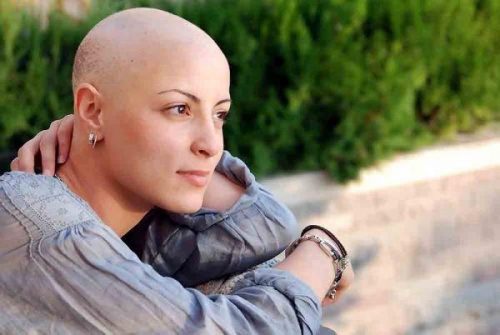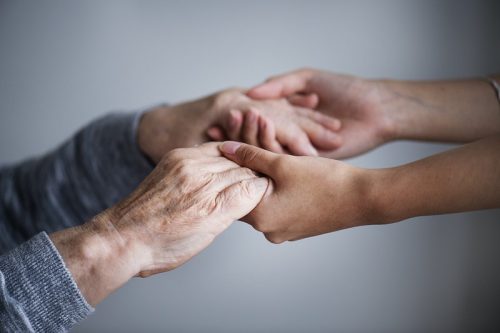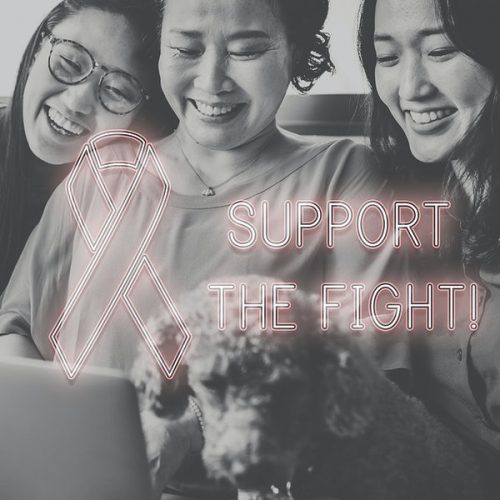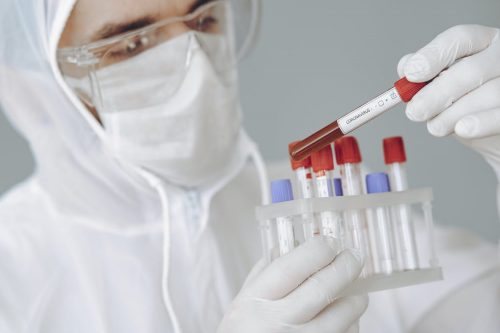If you’re reading this, you might be facing one of life’s most formidable challenges: cancer. It’s a path fraught with physical and emotional trials, but amidst this turmoil, there’s a beacon of calm – focused meditation. In this article, we’ll explore how this ancient practice can be a powerful ally in your breast cancer journey, offering solace and strength in ways you may never have imagined.

How Does Cancer Affect Your Mental Health?
Now, let’s talk about cancer. It’s not just a physical battle; it’s an emotional rollercoaster. One day, you might feel strong and hopeful, and the next, you’re grappling with fear and uncertainty. It’s like riding a wave – sometimes you’re on top, other times you’re tumbling through the surf. And it’s perfectly okay to feel all these emotions. They’re part of the journey, a journey that’s uniquely yours.
But here’s a thought: amidst this emotional whirlwind, sitting meditation can be your anchor. It’s not a magic wand, but it’s a powerful tool that helps you find moments of calm in the chaos. It’s about giving yourself permission to pause, breathe deeply, and just be – even if it’s just for a few minutes a day.
What Is Meditation And How Can It Help?
Now, let’s demystify meditation. It’s not about a comfortable position or sitting cross-legged for hours or emptying your mind completely. Think of it more like a friendly chat with your inner self. It’s about taking a moment to check in, see how you’re doing, and give yourself some much-needed attention.
According to meta analysis, there are all sorts of ways to meditate. Maybe it’s focusing on your breath, listening to a guided meditation, or even walking mindfully. The beauty of it is that there’s no right or wrong way to do it. It’s all about what feels right for you. For instance, you might try integrating meditation with music therapy for cancer patients.
Research has also shown that meditation can help as it can lower stress levels, reduce anxiety and depression, and make you feel calmer. It can even have positive effects on physical health, especially the muscle groups. It’s a testament to the power of the body and mind connection.

Meditation Techniques For Cancer Patients
Now, let’s delve into some specific meditation techniques that can be particularly beneficial for those coping with cancer.
- Mindfulness Meditation: Coping cancer with meditation involves focusing on the present moment. It’s about observing your negative thoughts and feelings without judgment. When your mind wanders to worries about the future or regrets about the past, mindfulness based stress reduction brings you back to now, to this moment, which is all we truly have.
- Guided Imagery: In guided imagery, you use your imagination to visualize a peaceful scene or a positive outcome. It’s like a mental escape that can provide relief from severe pain and anxiety. Picture your body healing, and imagine your cells rejuvenating – it’s a way to mentally align with the process of recovery.
- Deep Breathing Exercises: Breathing exercises are simple yet powerful. Deep breathing can help manage pain, improve oxygen flow, and induce relaxation techniques. It’s a technique you can use anytime, anywhere, to center yourself, relax the body, and find a moment of peace.
- Body Scan Meditation: Body scan meditation consists of slowly focusing on each part of your body, from your toes to your head. As you pay attention to each area, you release tension and notice any sensations or emotions. It’s a way of connecting with your body and acknowledging what it’s going through.
- Loving-Kindness Meditation (Metta) : This technique focuses on cultivating feelings of love and kindness towards yourself and others. You silently repeat phrases like “May I be happy, may I be healthy,” and then extend these wishes to others. It’s a beautiful way to combat feelings of isolation and foster a sense of connection.
- Mantra Meditation: In this practice, you repeat a word or phrase (a mantra) silently. It could be a word like “peace” or a phrase that resonates with you. The repetition helps you focus and can bring a profound sense of calm.
- Yoga Nidra: Also known as yogic sleep, this is a guided meditation that brings you to the edge of sleep. You lie down, listen to a guide, and slowly relax each part of your body. It’s incredibly restorative, especially if you’re struggling with sleep.

- Walking Meditation: Who says you need to be still to meditate? Walking meditation is about mindful movement. As you walk, you focus on the feelings and sensation of your feet touching the ground, the rhythm of your steps, and your breath. It’s a great way to combine gentle exercise with meditation.
- Zazen (Zen Meditation): This is a traditional Buddhist meditation where you sit and observe your thoughts without attachment. It’s less about achieving a specific goal and more about being present in the moment.
- Sound Bath Meditation: This involves immersing yourself in the sounds and vibrations of instruments like singing bowls, gongs, or chimes. The sound waves are said to help reduce stress and create a deep sense of peace.
Each of these techniques offers a unique way to connect with yourself and find a sense of peace amidst the challenges of cancer. You might find one that resonates with you immediately, or you might enjoy exploring a combination of different practices. Remember, the goal is not to ‘do it right’ but to find what works for you, bringing a moment of calm and clarity into your day.
Overcoming Common Challenges In Meditation
If you’re new to meditation, it can seem daunting. Thoughts race, focus wavers, and finding time can feel like a challenge in itself. But don’t be discouraged. Like any skill, meditation takes practice.
-
Start Small
Even five minutes a day can make a difference. Find a quiet space where you won’t be disturbed. Sit comfortably, close your eyes, and simply deep breath. Remember, it’s okay if your mind wanders; it’s part of the process. Gently guide your focus back to your breath or the guided imagery you’re following.
-
Consistency Is Key
Establishing a regular meditation practice is crucial. It’s like watering a plant; the more consistently you do it, the more you’ll see it grow – in this case, the plant is your sense of inner peace and resilience. Try to meditate at the same time each day, creating a routine that your mind and body will start to expect and appreciate.
But what if you miss a day? Or even a few? That’s okay. The path of meditation isn’t about perfection; it’s about progress. If you skip a day, don’t be hard on yourself. Just pick it up again when you can. The beauty of meditation is its flexibility and its ability to adapt to your life and needs.
-
Creating A Conducive Environment
While you can meditate anywhere, creating a special space for your practice can make a big difference. It doesn’t have to be elaborate – a comfortable chair, a cushion, or even a quiet corner in your room. You might add elements that soothe you, like a scented candle, a soft blanket, or calming pictures. This space becomes your personal retreat, a signal to your mind that it’s time to relax and meditate.
-
Using Technology To Your Advantage
In today’s digital world, technology can be a great ally in your meditation journey. There are numerous apps and online resources that offer guided meditation, meditation music, and even meditation communities. These tools can provide structure and variety, keeping your practice fresh and engaging.
-
Combining Meditation With Other Practices
Mindfulness based cognitive therapy or Meditation doesn’t have to stand alone. It can be combined with other practices like gentle yoga, tai chi, or even art therapy. These combinations can enhance your overall sense of well-being and can be particularly helpful if you find it hard to sit still or focus.
-
Seeking Guidance When Needed
If you’re struggling with meditation or if it’s bringing up challenging emotions, it might be helpful to seek guidance. This could be from a meditation teacher, a therapist, or even a support group. Sometimes, having someone to talk to and guide you through the process can make a significant difference.
Remember, the journey of regular practice of mindfulness based interventions is as individual as you are. There’s no one right way to do it. It’s about finding what works for you and allowing it to be a source of strength and peace as you navigate your cancer treatment journey.
Finding Your Tribe And Tools: A World Of Support And Resources
This article is just the beginning of your adventure with meditation. There’s a whole universe out there filled with tools and folks who can help you dive deeper. For starters, there are tons of apps and websites that have meditation sessions tailored in a quiet place for people with cancer. These are super handy, especially if you’re just dipping your toes into the world of meditation.
But here’s the real gem – the community. There are groups, both online and offline, where you can meet people who are riding the same wave as you. It’s not just about swapping tips on meditation; it’s about finding friends who get what you’re going through. These groups are like a warm hug on a tough day – they offer not just advice but a shoulder to lean on.
Sometimes meditation can bring up some heavy stuff, stuff that’s tough to handle on your own. If that happens, it’s totally okay to reach out for professional help. Chatting with a therapist or counselor, especially one who knows the ins and outs of cancer, can be a game-changer. They can help you navigate through those tricky emotional waters.
Wrapping Up
So, as we tie up our discussion about tackling cancer with a little help from meditation, remember this: your journey is yours alone. Meditation isn’t a cookie-cutter solution; it’s more like a personal guide to finding some peace and strength. Whether you’re in the thick of breast cancer treatment, celebrating remission, or supporting someone on their cancer journey, meditation can be your quiet spot in the middle of life’s hustle and bustle.
Give these techniques with systematic review a whirl and see what clicks for you. Share your stories, connect with fellow travelers, and above all, be gentle with yourself. This journey you’re on – it’s not just about making it through. It’s about living life with a full heart, finding moments of joy and peace, every step of the way.







